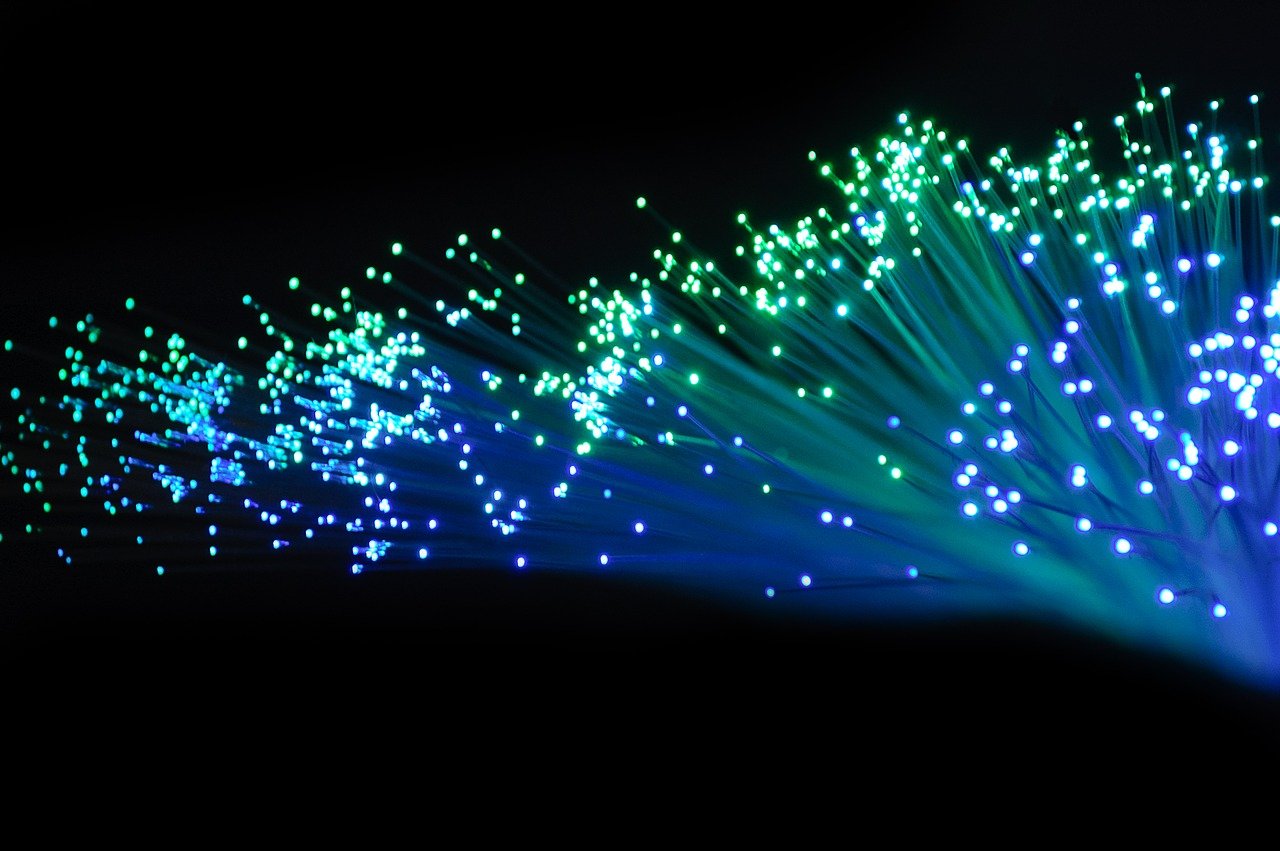Outdoor Fiber Optic Connectors and Adapters: Ensuring Compatibility and Performance
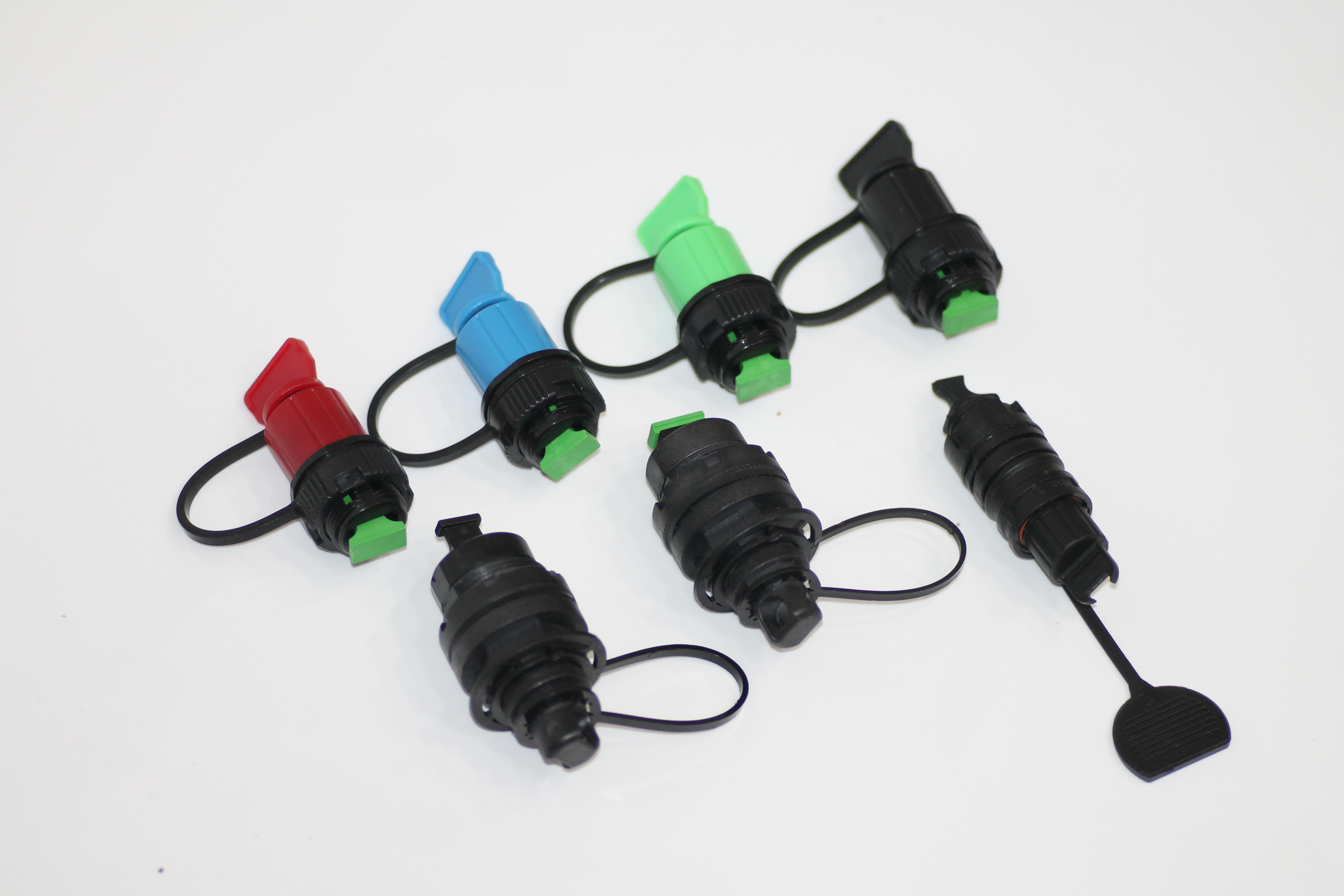
The Role of Outdoor Fiber Optic Connectors and Adapters
Outdoor fiber optic connectors and adapters are essential components in outdoor fiber optic networks. These connectors and adapters ensure compatibility and optimal performance by providing a reliable connection between fiber optic cables.
Connectors serve as the interface between the cable and the device, allowing for easy plug-and-play installation. They come in various types, such as SC, LC, and ST connectors, each with its own unique characteristics and applications. Adapters, on the other hand, are used to connect different types of connectors together.
Professionals, technicians, and enthusiasts in the field of fiber optics must understand the different types and features of outdoor fiber optic connectors and adapters to select the most suitable ones for their specific needs. By choosing the right adapter or connector plug for their outdoor network installations, they can ensure seamless connectivity and optimal performance.
Understanding the Types of Outdoor Fiber Optic Connectors and Adapters
Types of Outdoor Fiber Optic Connectors
Different types of outdoor fiber optic connectors are available, including SC, LC, and ST connectors. Each type has its unique characteristics and applications.
SC (Subscriber Connector) connectors are widely used in data communications and telecommunications networks. They feature a push-pull mechanism for easy insertion and removal, making them suitable for high-density environments. LC (Lucent Connector) connectors are smaller in size and offer higher density connections. They are commonly used in single-mode applications.
ST (Straight Tip) connectors have a bayonet-style coupling mechanism that provides a secure connection. They are often used in multimode networks and can withstand harsh environmental conditions.
These fiber optic connectors are specifically designed to withstand outdoor conditions such as temperature variations, moisture, and UV exposure. They provide reliable connectivity for outdoor fiber optic networks.
Types of Outdoor Fiber Optic Adapters
Outdoor fiber optic adapters play a crucial role in connecting different types of connectors together. Common types include simplex, duplex, and quad adapters.
Simplex adapters allow the connection of two fibers with one connector on each end. Duplex adapters enable the connection of two fibers with two connectors on each end, allowing for bidirectional communication. Quad adapters provide the ability to connect four fibers with four connectors on each end.
Understanding the compatibility options and selecting the right adapter is crucial for seamless network connectivity. Professionals need to consider factors such as connector type, fiber mode, and polishing style when choosing an adapter that matches their specific requirements.
By selecting the appropriate outdoor fiber optic connectors and adapters, professionals can ensure reliable connections between fiber optic cables in outdoor environments.
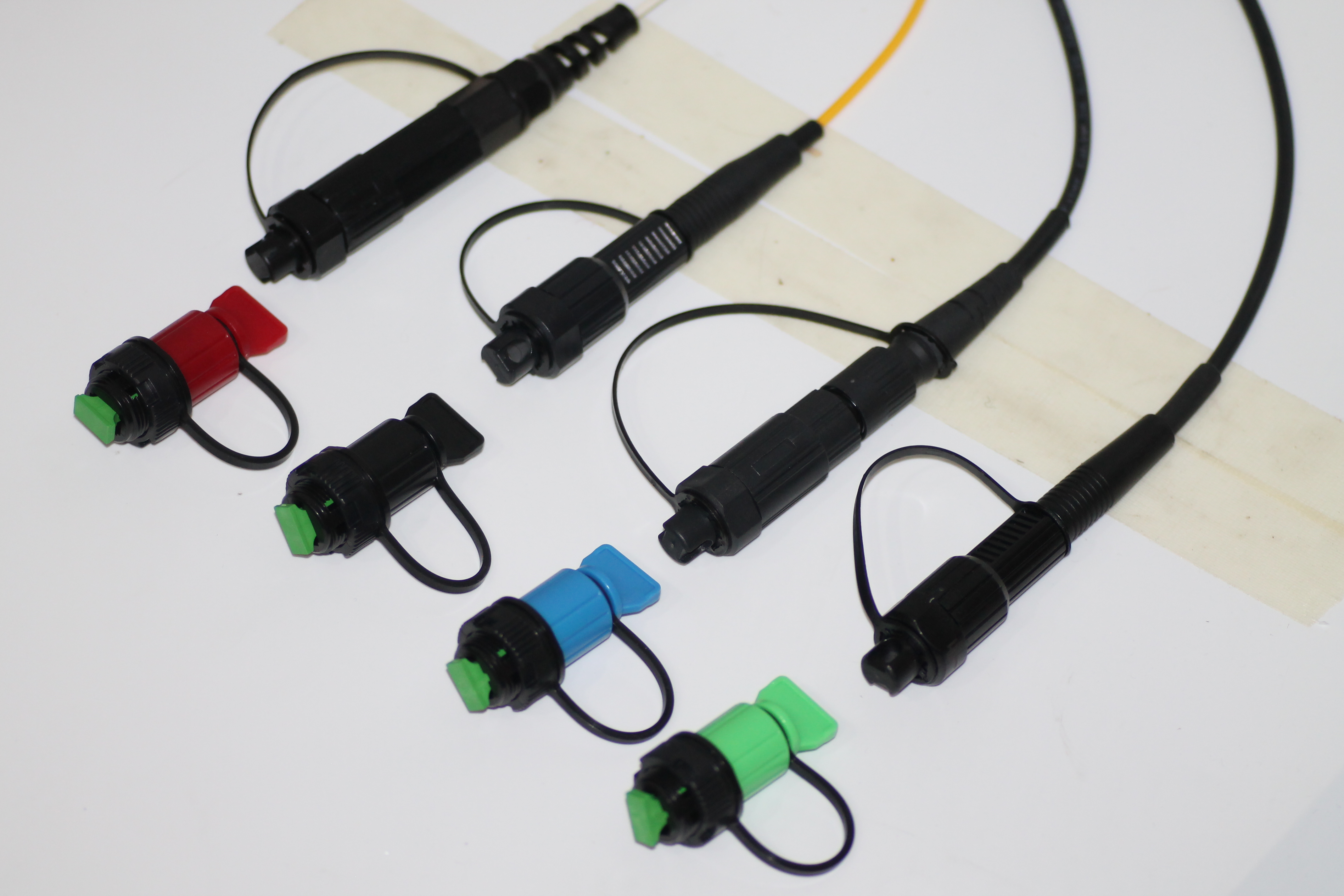
Weatherproof and Waterproof IP68 Ratings for Outdoor Connectors and Adapters
Understanding Weatherproof and Waterproof IP68 Ratings
Outdoor fiber optic connectors and adapters are designed with weatherproof and waterproof IP68 ratings. These ratings ensure protection against dust, water, and harsh environmental conditions.
The term "IP" stands for Ingress Protection, followed by a two-digit number. The first digit represents the level of protection against solid objects such as dust, while the second digit indicates the level of protection against water.
An IP68 rating is the highest level of protection available for outdoor connectors and adapters. The "6" in IP68 signifies that the connectors and adapters are completely dustproof, preventing any ingress of solid particles. The "8" indicates that they are waterproof even when immersed in water beyond 1 meter depth for a specified period.
Weatherproof and waterproof connectors and adapters provide several benefits for outdoor fiber optic networks. They prevent signal loss and degradation caused by moisture or water intrusion, ensuring consistent performance even in extreme weather conditions. These connectors and adapters are specifically designed to be weather-resistant, moisture-proof, and water-sealed.
Benefits of Weatherproof and Waterproof Connectors and Adapters
The use of weatherproof and waterproof connectors and adapters offers peace of mind for outdoor fiber optic network installations. By having these connectors installed in open-air or exterior environments, professionals can trust that their connections will remain reliable over time.
The IP68 rating guarantees the durability and reliability of these connectors and adapters in outdoor settings. They can withstand exposure to rain, snow, humidity, temperature variations, UV radiation, dirt, dust, or other environmental factors without compromising their performance.
In summary, opting for weatherproof and waterproof connectors and adapters ensures long-lasting connections that resist environmental challenges. This provides confidence in the stability of outdoor fiber optic networks.
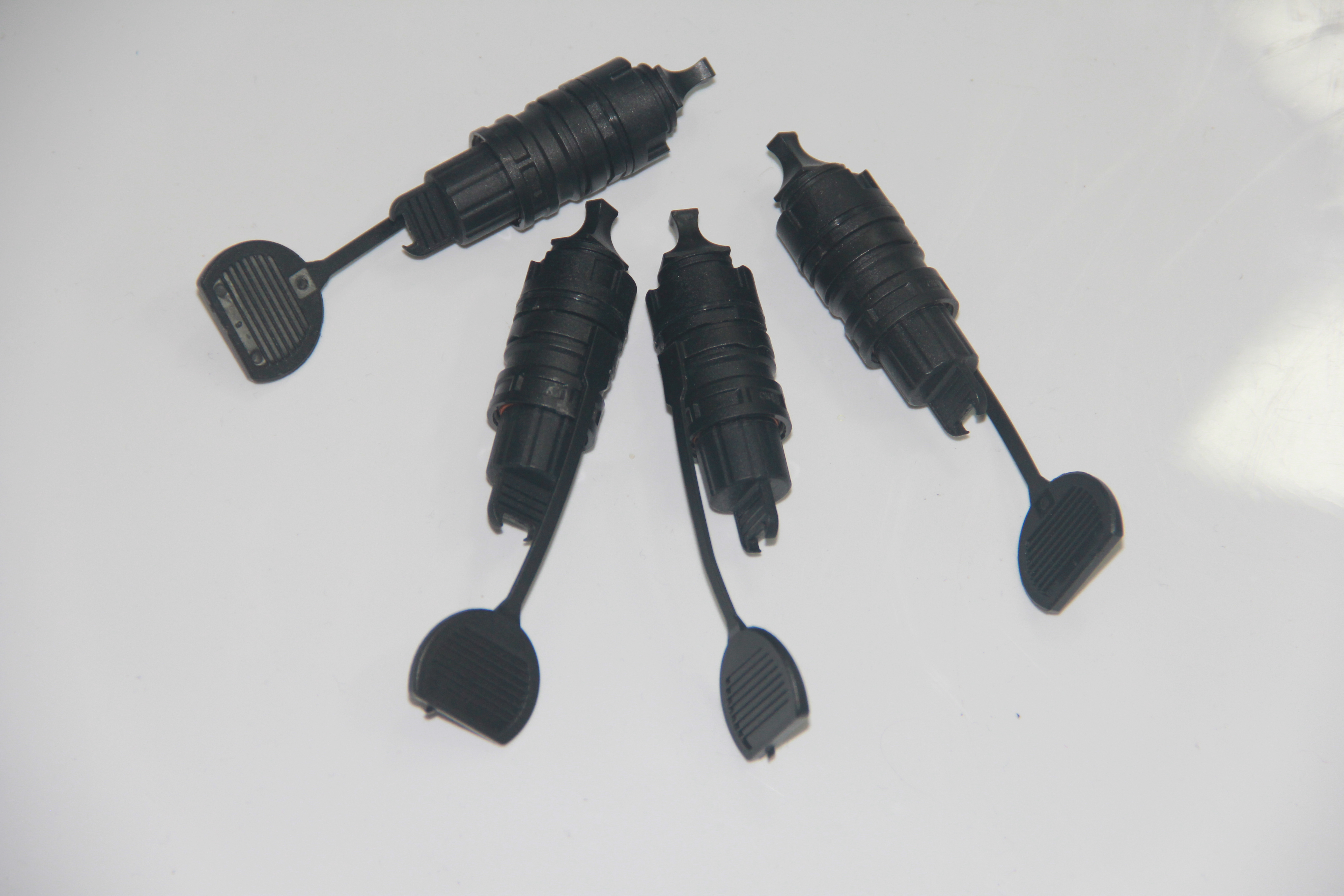
The Importance of Compatibility Options in Outdoor Fiber Optic Networks
Ensuring Compatibility for Seamless Network Connectivity
Compatibility options play a crucial role in outdoor fiber optic networks by ensuring seamless connectivity. Matching connectors and adapters with the right compatibility options is essential for optimal performance and minimizing signal loss.
When it comes to compatibility, professionals need to consider various factors. One important factor is the connector type. Different types of connectors, such as SC, LC, and ST, have specific designs and interfaces. Selecting connectors that are compatible with each other ensures a secure and reliable connection.
Another factor to consider is the fiber mode. Fiber optic networks can use either single-mode or multimode fibers, each with its own characteristics. It's important to choose connectors and adapters that support the appropriate fiber mode for efficient data transmission.
Additionally, the polishing style of connectors should be taken into account. Connectors can have different polishing styles, such as UPC (Ultra Physical Contact) or APC (Angled Physical Contact). Ensuring compatibility between connectors with the same polishing style helps maintain low insertion loss and high return loss.
Understanding the requirements of the network is crucial when selecting compatible components. Professionals should assess factors like data rate, distance, and environmental conditions to determine which connectors and adapters are best suited for their outdoor fiber optic networks.
By ensuring proper compatibility between connectors and adapters in outdoor fiber optic networks, professionals can achieve seamless connectivity without any disruptions or performance issues.
Ensuring Compatibility and Performance with Outdoor Fiber Optic Connectors and Adapters
Outdoor fiber optic connectors and adapters play a crucial role in ensuring compatibility and optimal performance in outdoor fiber optic networks. The weatherproof and waterproof IP68 ratings provide the durability and reliability needed to withstand harsh outdoor conditions.
By selecting the right compatibility options, professionals can ensure seamless network connectivity and efficient data transmission. Matching connectors and adapters with the appropriate compatibility options ensures a secure and reliable connection between fiber optic cables.
With the right combination of connectors, adapters, and compatibility options, professionals can achieve optimal performance in their outdoor fiber optic networks. This enables smooth data transmission, minimizes signal loss, and ensures reliable connectivity for various applications.
In conclusion, by understanding the importance of compatibility options and selecting suitable outdoor fiber optic connectors and adapters, professionals can build robust networks that deliver consistent performance even in challenging outdoor environments.
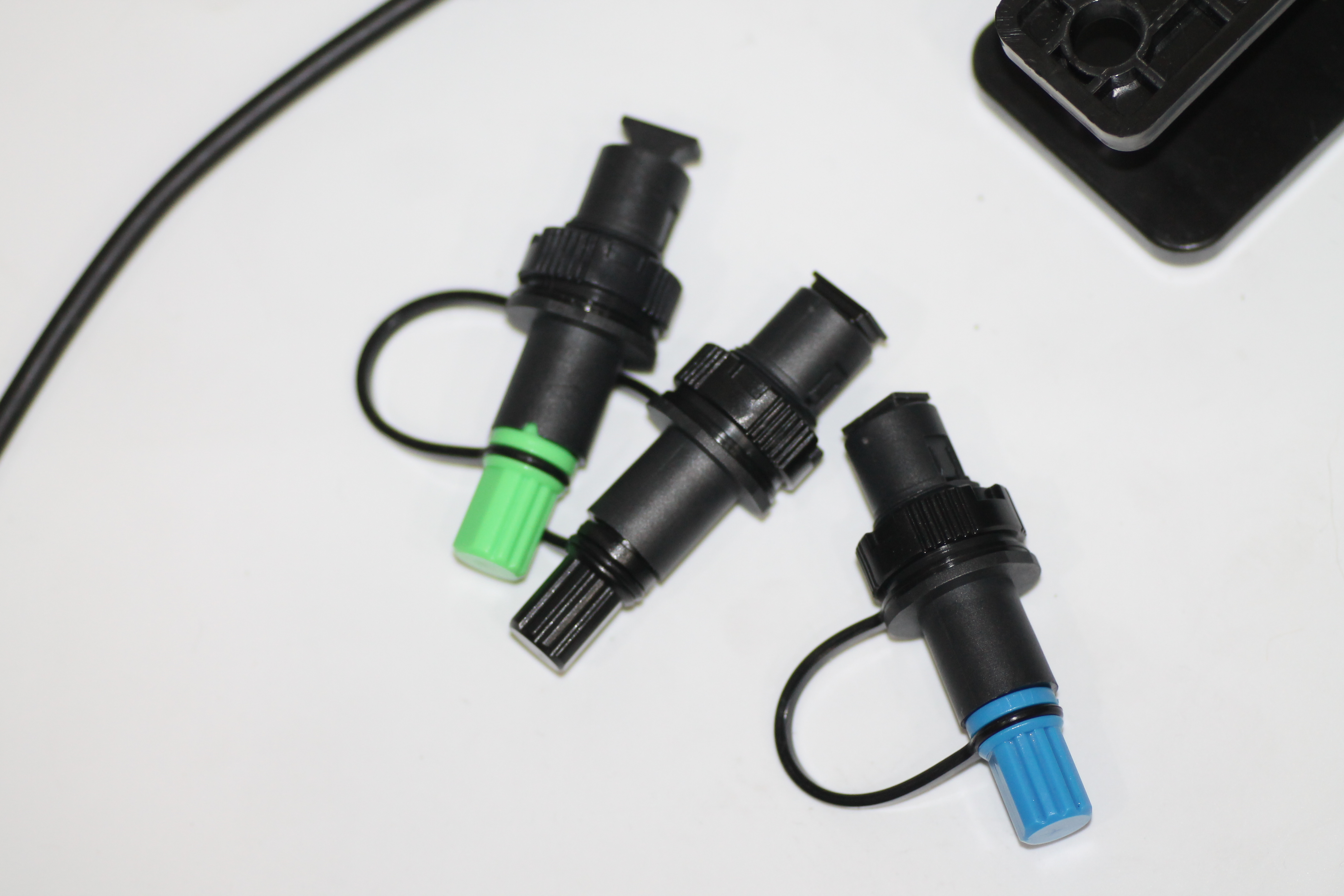
See Also
Maximizing Performance and Cost Efficiency of Fiber Optic Connectivity
Unveiling Performance and Compatibility of 3-in-1 Connectors
Advantages of IP68-rated OptiTap MPO Multimode OM3 Waterproof Cables
Discovering Features and Benefits of OptiTap Hardened Connectors
Improving Outdoor Connectivity with Preconn's Fastconnect MINI MPO Fiber Adapter

